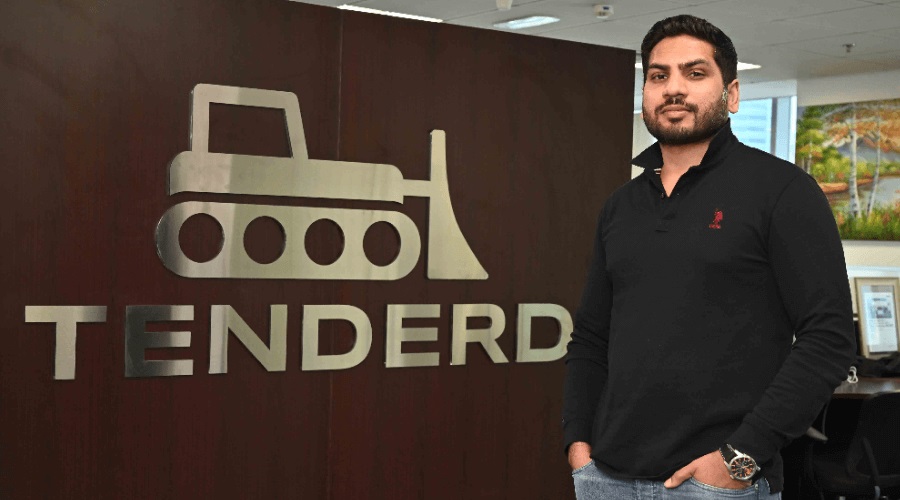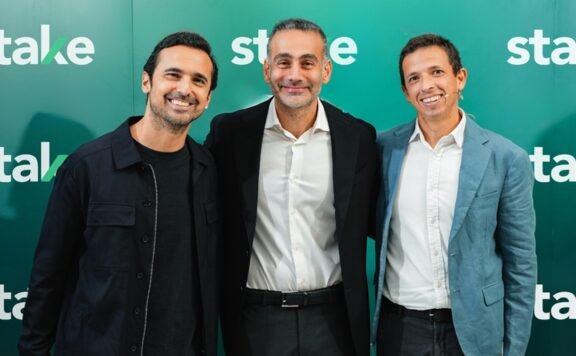Wa’ed Ventures announced a strategic investment in Tenderd, a startup specialising in AI-enabled technologies for real-time emissions intelligence. The platform provides customers with AI-generated insights to increase asset utilisation and reduce emissions, targeting heavy industries such as construction and logistics.
“Our investment in Tenderd reflects our commitment to addressing sustainability challenges facing the industrial sector and providing solutions to decarbonize their operations,” said Fahad Alidi, Managing Director at Wa’ed Ventures. “Tenderd brings transformational solutions to traditional capital-intensive industries such as energy, construction, and logistics sector by utilising AI-generated insights to increase asset optimisation and reduce emissions.”
Tenderd is backed by top investors, including Y Combinator, Peter Thiel, BECO Capital and Dynamo Ventures. The investment from Wa’ed comes at a time when the world is demanding more sustainable practices from heavy industries. Tenderd is serving industries that constitute 40 per cent of the global GDP. These companies spend $2 trillion annually operating capital equipment, but a lack of operational intelligence leads to only 50 per cent utilisation, resulting in an excess of 1 billion tons of CO2 and $500 billion in costs each year.
Tenderd’s technology addresses these issues by providing companies with real-time insights to make better operational decisions. Ultimately, this results in cost savings, better resource utilization, and a smaller environmental footprint. Technologies offered by companies like Tenderd are increasingly becoming necessary for companies operating in Saudi Arabia’s new economic landscape, with a paramount focus on efficiency and sustainability.
“With Wa’ed Ventures’ investment, we will be able to evolve industrial operations and lead the charge towards a greener, more sustainable future” said Tenderd’s CEO, Arjun Mohan. “Companies can leverage the power of our technology, to help them take the right steps toward increasing their operational intelligence and reducing their environmental footprint.”





